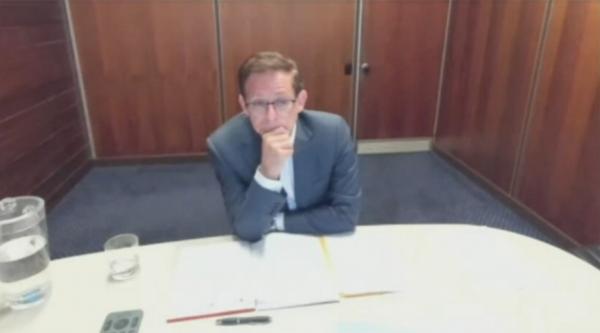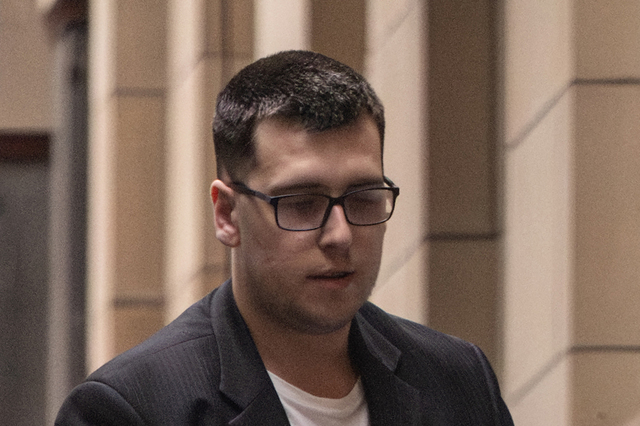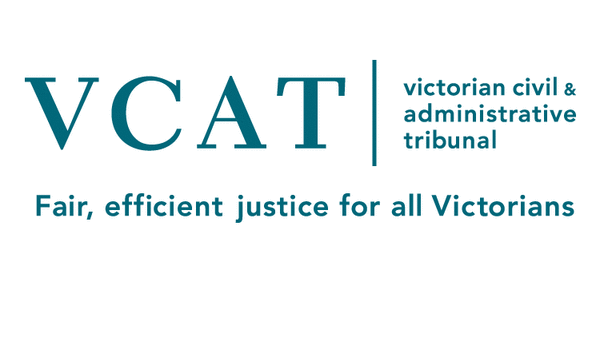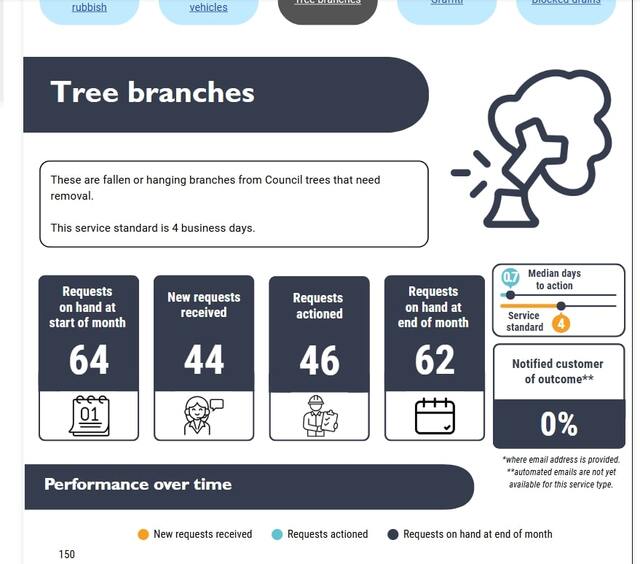Holt federal MP Anthony Byrne has admitted to ALP branch-stacking, including holding a ‘kitty’ for membership funds in his own electorate office.
He paid for other people’s ALP memberships and membership renewals since the start of his Parliamentary career in 1999, he told a Operation Watts hearing on October 11.
He also told of employing staff who didn’t turn up to work at the request of South East Metropolitan MP and factional powerbroker Adem Somyurek.
Mr Byrne reluctantly complied out of fear of “retribution”, he said. He broke off the work arrangements after several months, he told the inquiry.
At one stage, Mr Byrne hired Mr Somyurek’s son, the inquiry heard.
Again this was at Mr Somyurek’s suggestion, with the salary used to pay off the father’s debt, Mr Byrne believed.
Mr Byrne’s electorate staff were also involved in collecting and filling out blank membership ballots for the election of ALP delegates, and worked on other MPs’ election campaigns, he told the inquiry.
He agreed branch-stacking had been “endemic” in the ALP, despite a change in party rules after a critical 1998 report by now-Isaacs MP Mark Dreyfus.
More recently, the State Government endorsed all recommendations from a Victorian Ombudsman’s report into the ‘Labor red shirts’ affair.
Mr Byrne said he took steps to “demilitarise” branch stacking in the South East by “reaching out” to rival faction Socialist Left in 2002.
One of the Socialist Left members involved in the “South East Agreement” was an MP, he said.
“I believed … that branch stacking is wrong, branch stacking is corrupt, branch stacking rips the soul out of the Labor Party and the community.
“And we were quite successful.”
Mr Byrne said ALP members in his seat Holt as well as Bruce and Isaacs “dropped substantially” as a result.
However, in texts with his former staffer in late 2019, Mr Byrne described Mr Somyurek as a “vandal” trying to “ramp up branch stacking in the South East”.
At the time he believed Mr Somyurek was seeking to replace sitting Labor rival-faction MPs Gabrielle Williams (Dandenong) and Pauline Richards (Cranbourne) with Moderate Labor members.
The party was being taken over by Mr Somyurek “whose sole objective was power and power alone.”
“It was the alliances that Adem had cobbled together of different sub-factions within the Right and also within the Industrial Left that he believed gave him control or substantial influence over significant sections of the party.”
Mr Byrne was part of an informal South East Alliance, which included Mr Somyurek and state MPs Luke Donnellan and Tim Richardson from the same Right faction ‘Moderate Labor’.
He said Moderate Labor was led by “convenor” Mr Somyurek as well as Robin Scott and Marlene Kairouz – all who departed State Cabinet after branch-stacking allegations by 60 Minutes and The Age in 2020.
Mr Byrne named Mr Somyurek, Ms Kairouz and state MP Kaushaliya Vaghela as being involved in branch stacking “to my direct knowledge”.
He, Mr Donnellan and Mr Somyurek – both Mr Byrne’s former electorate officers – had paid about $2000 a year on other people’s memberships and renewals.
The practice was against party rules purportedly to prevent branch-stacking – that prospective members pay for their own memberships.
But it was part of a “well-entrenched system” starting from the 1990’s, he said.
The “multiple hundreds” of membership renewals cost between $30 and $90 each. The funds were kept in a “kitty” in Mr Byrne’s office.
Other aspiring MPs paid into the alliance fund, such as prospective Isaacs candidate Steve Michelsen with $5000.
Party fundraisers organised by Mr Byrne, Mr Donnellan and Mr Somyurek were also a source of “cash” for the ‘kitty’.
Examples were tabled at IBAC of sit-down dinners for up to $100 a head at a Dandenong restaurant for Labor MPs Richard Marles and Tim Richardson.
“Most of the people that would have attended those functions had a pretty good idea that some of the money that was being raised would go to memberships,” Mr Byrne said.
This was against party rules that people should pay for their own memberships, he said.
“People believed, regardless of what the rules said, that they could game the system.”
Mr Byrne conceded that ALP head office was “by and large aware” of the practice.
“Factional heavyweights” had helped him win preselection for Holt as an “underdog candidate” in 1999.
Mr Byrne “rewarded” his electorate officer Mr Somyurek with preselection in 2002 as a reward for “factional loyalty”.
He didn’t agree that he “trained” Mr Somyurek as a branch-stacker. “He observed,” Mr Byrne said.
The two had been “close” but progressively fell out. Mr Byrne blocked Mr Somyurek from his phone in September 2019.
He was concerned of reports of Mr Somyurek’s treatment of people, including “berating, ringing all hours of the day and night, pushing people to do things that they didn’t want to do”.
“I had really hoped when Adem had become a minister in 2018 that he would stop the factional activity.
“The branch stacking wasn’t stopping … it actually started
accelerating, and then started coming towards the South East.
“As Adem was getting more and more power, it was almost becoming an existential threat for the Labor Party.”







